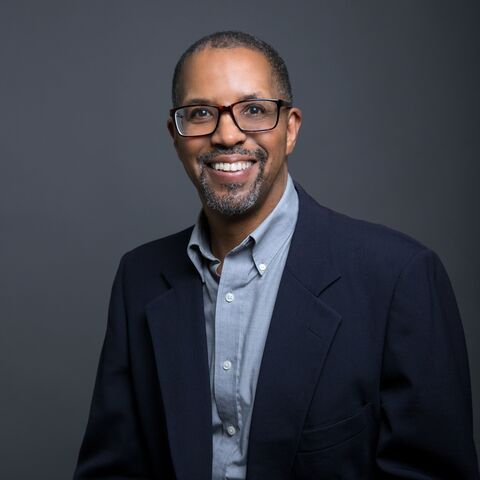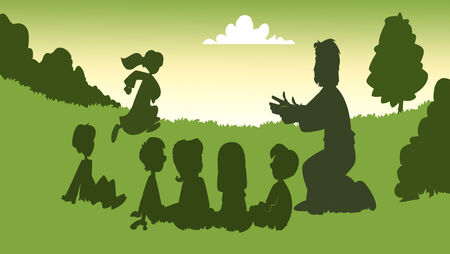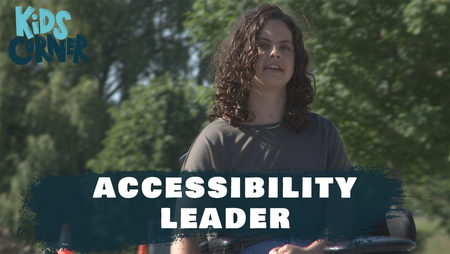
The Beauty of Differences
Bible Verse
After this, I saw a large crowd with more people than could be counted. They were from every race, tribe, nation, and language, and they stood before the throne and before the Lamb. They wore white robes and held palm branches in their hands, as they shouted, “Our God, who sits upon the throne, has the power to save his people, and so does the Lamb.” (CEV) Revelation 7:9-10
The past couple of years have once again shown us the importance to recognize and celebrate ethnic and racial differences. Perceptions and dialogue around difference has undergone some changes. When we attempt to ignore our differences, we too often see other detrimental consequences. We can remember that our differences are part of God’s plan—not to cause dissension and conflict, but to enrich the world with the fullness of God’s image. Our children sometimes know this better than their parents do.
The ethnic and racial language we use today is not exactly the language of the Bible. But the Bible is full of ethnic diversity detailed in different words. When we read about the Canaanites, Hittites, Egyptians, or Moabites in the Bible’s early books, we are reading about differences in ethnicity. When we read the genealogy of Jesus, we can point to various ethnicities. The Bible points out ethnicities from Genesis to Revelation.
Genesis 1:26-27 tells the story of the creation of humans. Like the original couple, each of us is created in God’s image. Each of us reflects God, regardless of race, ethnicity, or even creed.
Acts 2:1-11 shows us that God intended diversity. When the good news about Jesus was spoken at Pentecost, each person from various languages heard those words in their own tongue. Our differences don’t need to be barriers or divisions; in fact, the gift of the Holy Spirit unifies us as a people of God. Our differences can be reflections of the fullness of God.
From the book of Revelation 7:9-10, we know the end: people from all tribes, languages, and nations will gather in worship. Through the centuries, we have found numerous ways of categorizing people. Our differences matter and enhance our lives if we embrace them. God ultimately brings all these differences together when we worship him.
What can parents do to make sure we are celebrating racial and ethnic differences?
Get in touch with our own racial stories. What is your first memory that involves your ethnicity? What role has race played in your life? One reason we do not talk with children about race is that we may not have thought about how race operates in our lives.
Examine how ethnicity is discussed in the Bible. The Bible includes calls for ethnic and racial respect, but it also displays times and ways that people are in conflict based on their ethnic heritage. We can learn from both positive and negative examples.
Explore the use of race in Christian history and tradition. If we are honest, we can see how race and ethnicity have been at the center of our conflicts. Christian people have fought for equality, for the abolition of slavery, and for human rights. But the Bible and Christian ideas have also been used to perpetuate inequality based on race and ethnicity.
Listen to children. Listen for their questions about differences, especially race and ethnicity differences. Talk about race in your life and theirs. And listen for their own perspectives. Those in our youngest generations are often more comfortable talking about race than are their parents. Children can be our guides.
Picture books about the beauty of diversity
ColorFull: Celebrating the Colors God Gave Us by Dorena Williamson
God Made Me and You by Shai Linne, illustrated by Trish Mahoney
We Are Still Here! Native American Truths Everyone Should Know by Traci Sorell, illustrated by Frané Lessac
All Are Welcome by Alexandra Penfold, illustrated by Suzanne Kaufman
“Embrace Race: Let’s Raise a Generation of Children Who Are Thoughtful, Informed, and Brave About Race” at embracerace.org
Raising White Kids: Bringing Up Children in a Racially Unjust America by Jennifer Harvey
The Color of Compromise: The Truth about the American’ Church’s Complicity in Racism by Jemar Tisby




